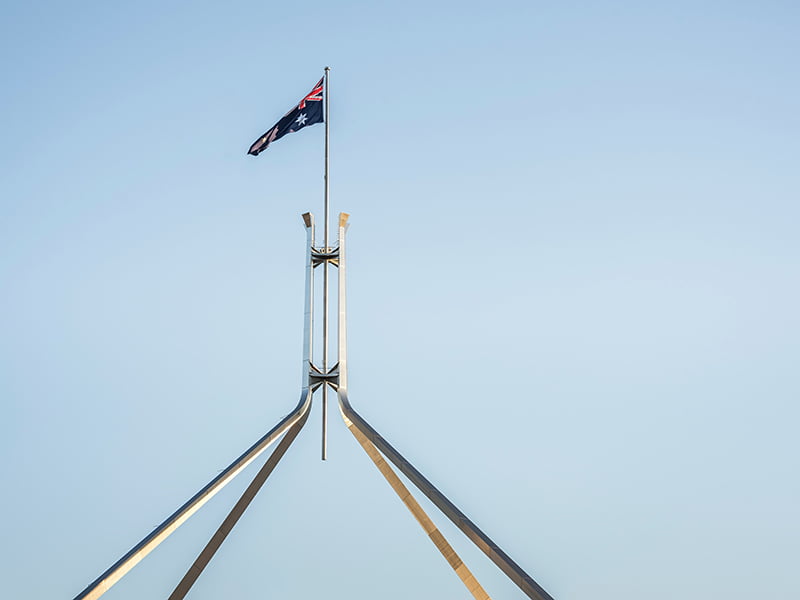A bipartisan bill to increase funding for research commercialisation sailed through the Senate on Monday night and the House on Tuesday, paving the way for around $500 million to go to universities working with industry partners in areas of national priority.
The Greens successfully moved amendments in the Senate to ensure the program aligns with Australia’s emissions targets, a potential preview of changes to other key legislation the government is negotiating with the Greens on.
The party also raised concerns about the “worrying continuation” of focusing on commercialisation at the expense of basic research but gave its support.
The emissions target amendments were quickly agreed to in the House of Representatives on Tuesday.

The bill will create Australia’s Economic Accelerator (AEA) grant program and a national industry-led PhD program.
The grants program has been budgeted $432 million over the next four years, while the PhD program has been allocated $36.1 million.
An AEA advisory board will develop a new research commercialisation strategy to be updated every five years along with annual investment plans to guide the program.
The board, to be appointed by the government, will also advise the minister on the objectives, conditions of eligibility and conditions of grants.
The bill gives the minister a new power to make grants to support arrangements that increase industry led study and postgraduate research.
“Distinct from other funding models in research, the AEA will have a ‘fast-fail’ focus,” Education minister Jason Clare said when introducing the bill late last year.
“It will fill a gap in the current research commercialisation landscape by funding translational research from early-stage research into a product that shows viability for industry partnership and investment.
“Projects will progress through the program based on the continued success and achievement milestones. This funding will benefit projects which have high commercialisation potential but which are at proof-of-concept or proof-of-scale stage.”
The program was a recommendation from a review of research commercialisation done by the Morrison government, which used the findings to launch its $2 billion Research Commercialisation Action Plan early last year.
But the Morrison government never brought on its AEA bill for debate and it lapsed at the end of the last Parliament, leaving the Albanese government to reintroduce one in December.
The new government has left the program largely the same but has said it will be aligned to its own national priority areas, specifically those identified by the $15 billion National Reconstruction Fund.
The bill was debated in the Senate on Monday night, where crossbenchers raised issues with the plan but ultimately supported it.
“The Greens are supporting this bill because we will not stand in the way of more funding for research,” Greens senator Mehreen Faruqi, a former researcher, said.
“But I do want to emphasise that the bill represents a worrying continuation of the Morrison government’s agenda of commercialising research and increasing industry influence while neglecting fundamental research.”
Senator Faruqi said the “reheat” of a Morrison government bill needed to acknowledge the valuable role of pure research, but was unsuccessful in having it added via an amendment.
“Translational research is of course important, but pure curiosity-driven research is just as important, if not more so, often forming the foundation for applied research,” she said.
The Greens amendment to ensure the AEA research commercialisation strategy “must not be inconsistent with Australia’s greenhouse gas emissions reduction targets” was successful.
“These are important to ensure that this significant new funding program cannot be used to fund research that could put our emissions reduction targets at risk, and to make sure that the strategy remains consistent with Australia’s greenhouse gas emissions targets,” she said.
The House of Representatives quickly agreed to the amendments on Tuesday. The Coalition supported the bill in the Senate but not the emissions reduction amendments.
Do you know more? Contact James Riley via Email.

